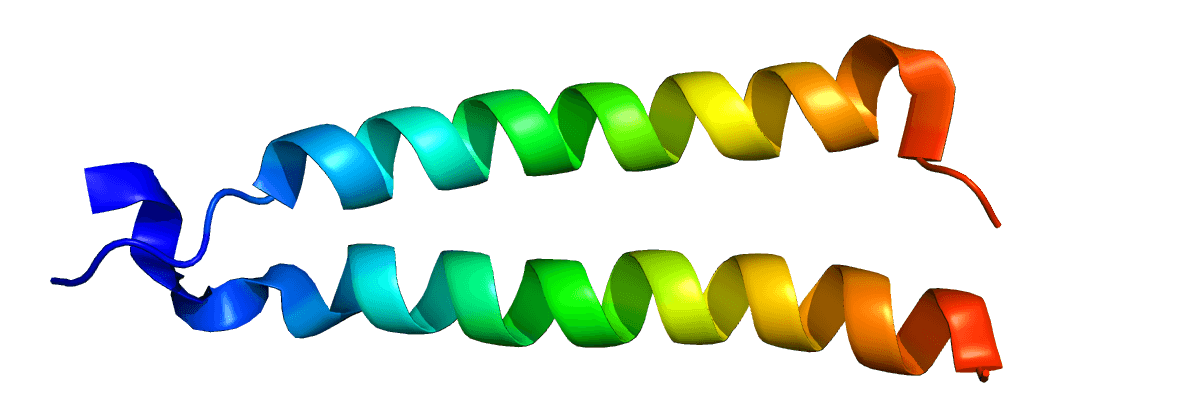Custom MemPro™ Transmembrane Proteins 14 Services
Creative Biostructure provides advanced custom MemPro™ gene-to-structure services for Transmembrane protein 14. Our skilled scientists can offer state-of-art services for determining their topologies and functions, such as membrane protein production, chemistry characteristics and computational modeling.
 Figure 1. Arginine/agmatine antiporter (AdiC), an example of alpha-helical polytopic transmembrane protein.
Figure 1. Arginine/agmatine antiporter (AdiC), an example of alpha-helical polytopic transmembrane protein.
Transmembrane protein is a kind of membrane protein that spans the hydrophobic region of biological membrane. The property of transmembrane proteins is that they are polytopic proteins that aggregate and precipitate in water. The biological function of most transmembrane proteins is as gateway or loading dock to transduce specific substances (biological signals) across the biological membrane, to get into the cell, or out of the cell. There are two common types of membrane proteins, including alpha-helixes and beta-barrels. Transmembrane protein 14 (TMEM14), which belongs to the alpha-helical polytopic class in transmembrane proteins, include two subfamilies in vertebrate: Transmembrane protein 14A (TMEM14A) and Transmembrane protein 14C (TMEM14C). They both locate in the mitochondrial inner membrane. TMEM14A is a 99 amino acid protein, while TMEM14C is a 112 amino acid protein, the two proteins are encoded by the genes mapping to human chromosome 6. TMEM14A plays an important role in modulating mitochondrial membrane potential (MMP), the release of cytochrome c and the activation of caspase-3 without the production of reactive oxygen species (ROS), indicating that TMEM14A can prevent apoptosis via stabilizing MMP. TMEM14C enables importing protoporphyrinogen IX into the mitochondrial matrix for heme synthesis and hemoglobin production, owing to its function as a transmembrane channel. Notably, TMEM14 proteins play a critical role in vertebrate heme synthesis. Thus, researches on TMEM14 have a wide range of applications for therapeutics and pharmaceutic.
Creative Biostructure focuses on high-quality expression of membrane proteins in prokaryotic and eukaryotic expression systems. We are also experienced in the purification and characterization of functional membrane protein targets with pharmaceutical interests.
Creative Biostructure can provide various custom MemPro™ membrane protein production services. Please feel free to contact us for a detailed quote.
References:
I. S. Woo, et al. (2011). TMEM14A inhibits N-(4-hydroxyphenyl) retinamide-induced apoptosis through the stabilization of mitochondrial membrane potential. Cancer Lett., 309(2): 190-198.
Y. Y. Yien, et al. (2014). TMEM14C is required for erythroid mitochondrial heme metabolism. J. Clin. Invest., 124(10): 4294-4304.